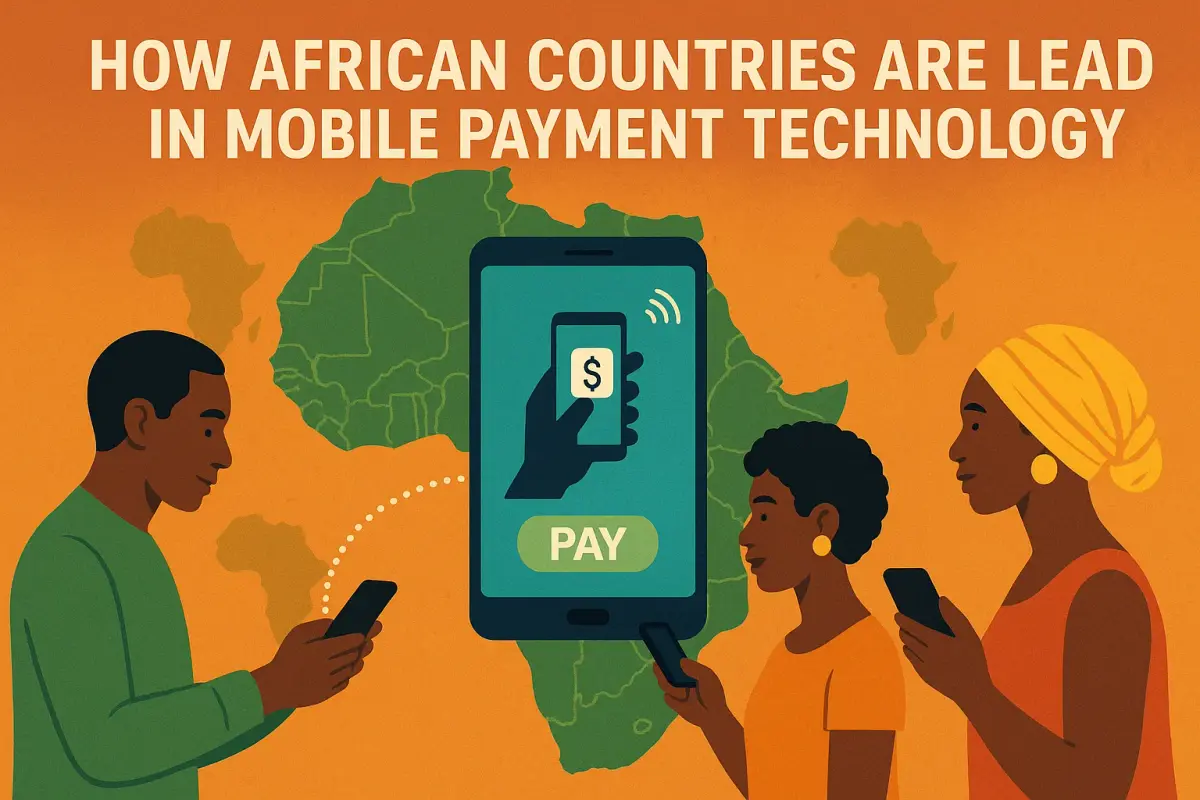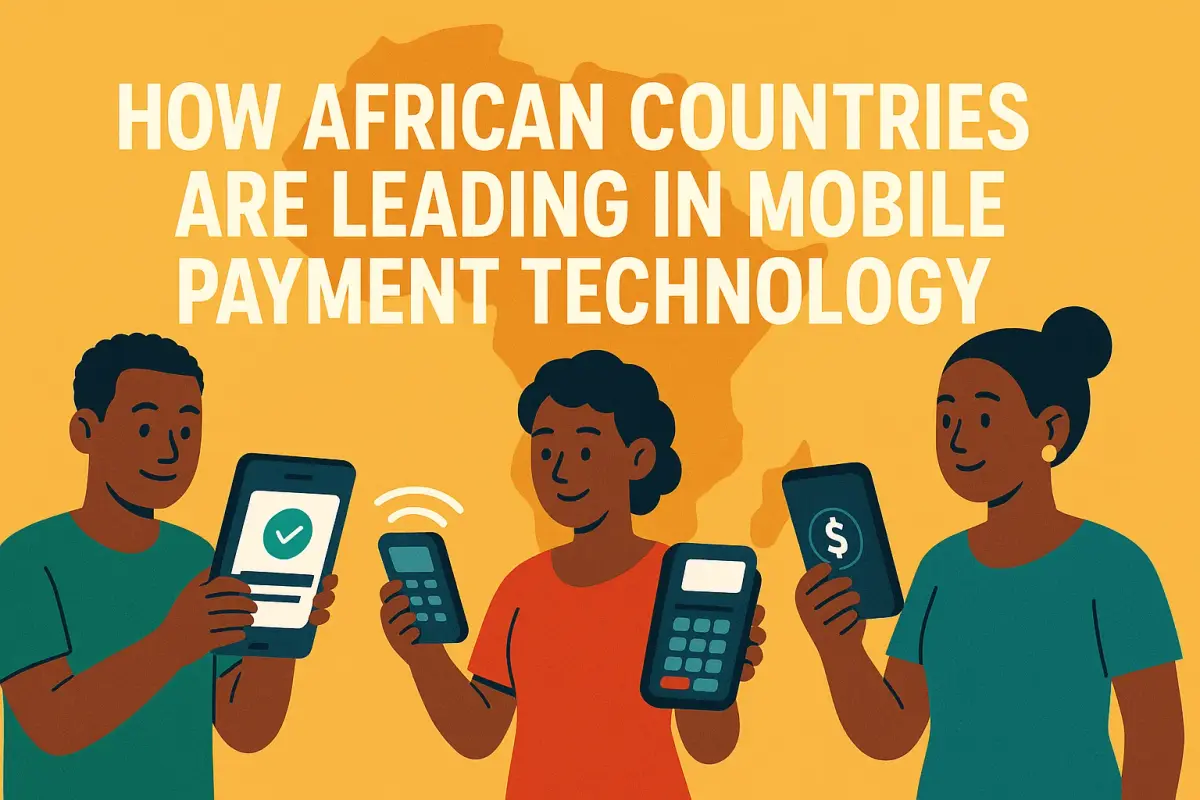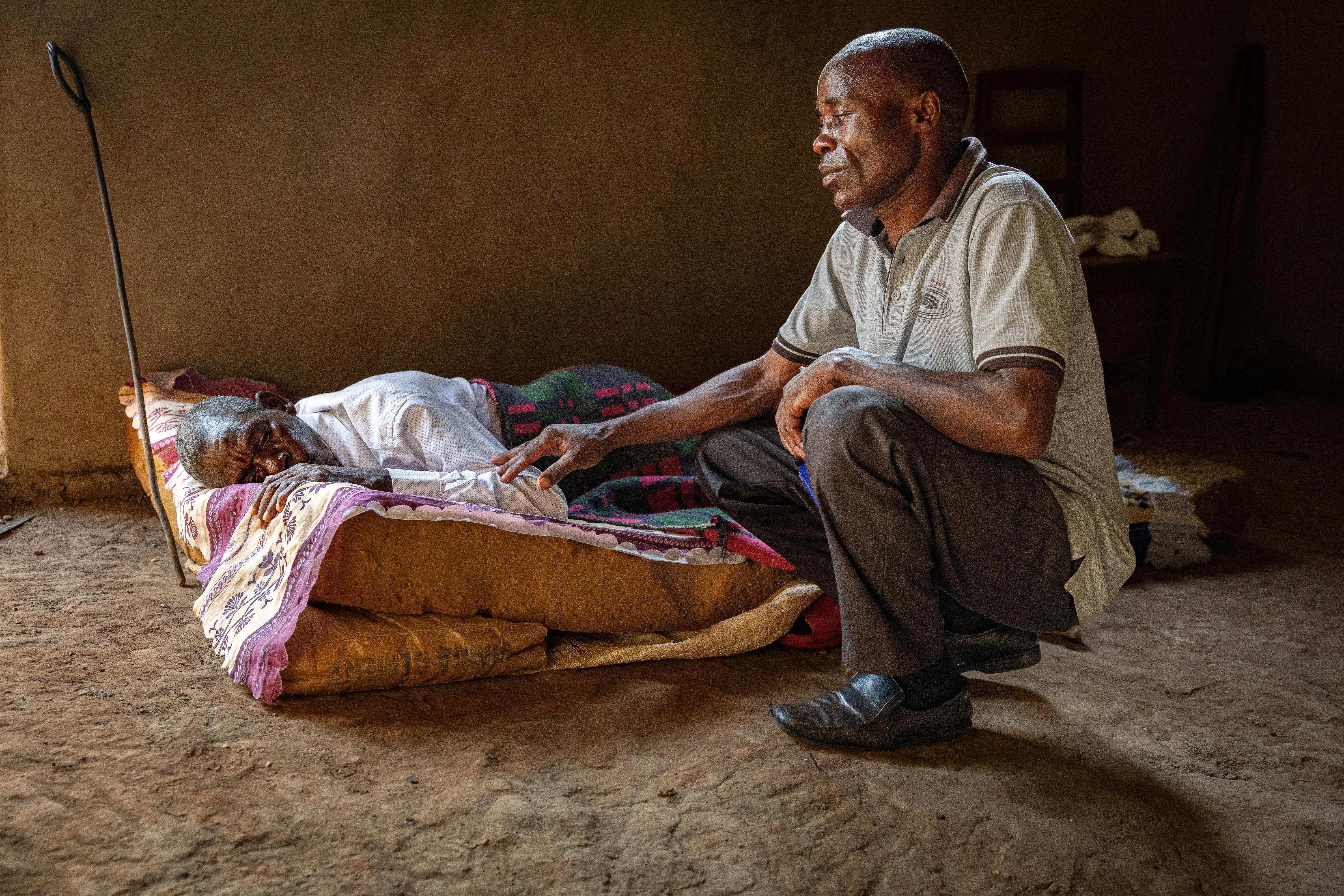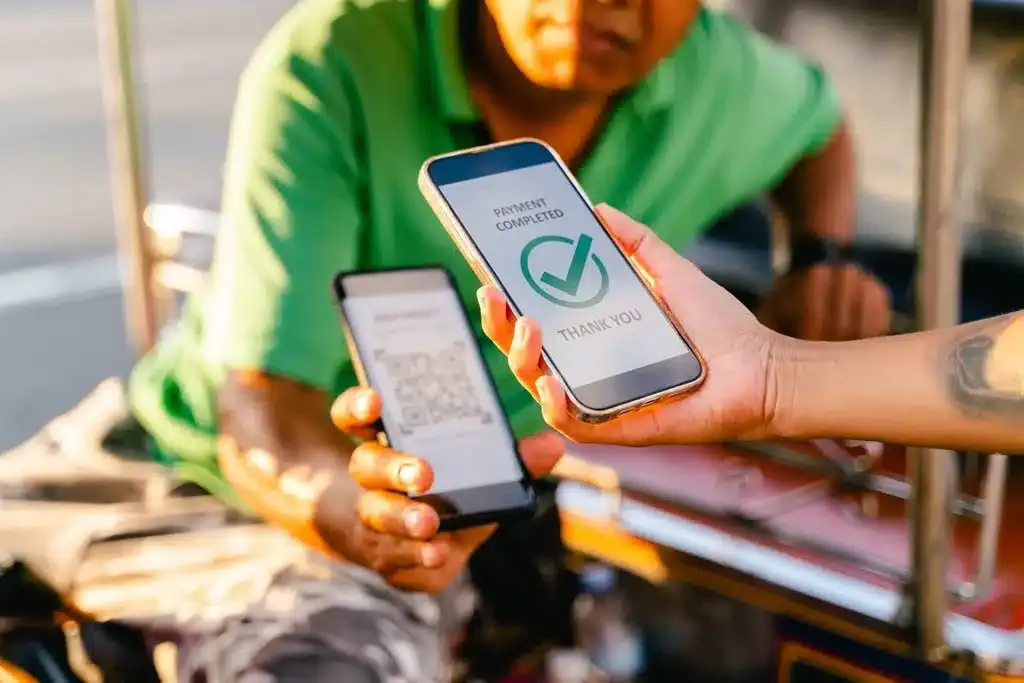When humans consider innovation hubs in monetary era, their minds regularly turn to Silicon Valley or East Asia. But in current years, Africa has emerged as a worldwide leader in cell payment technology, setting trends which are now being followed in different components of the sector.
From M-Pesa in Kenya to mobile wallets in Nigeria and Ghana, the continent is pioneering a revolution in how human beings ship, acquire, and manipulate money. This blog explores how African countries are spearheading this motion, what factors have contributed to their success, and what the relaxation of the sector can study from it.
How African Countries Are Leading in Mobile Payment Technology?

A Unique Environment Breeding Innovation
Unlike advanced economies wherein conventional banking infrastructure is deeply entrenched, many African international locations lacked extensive get admission to to economic institutions. According to the World Bank, as lately as a decade ago, over 60% of adults in sub-Saharan Africa were unbanked.
Read Also: How Many African Americans Are in the United States?
This lack of access, mixed with the speedy unfold of cell phones across the continent, created an ideal typhoon for innovation. People didn’t have financial institution money owed, but they did have mobile phones, and telecom organizations noticed an opportunity.
The Rise of M-Pesa: Kenya's Digital Finance Revolution
No discussion approximately mobile charge in Africa is complete with out citing M-Pesa, launched in Kenya in 2007 through Safaricom. M-Pesa allowed customers to ship and receive cash through basic SMS-enabled telephones. The impact changed into enormous.
Key Stats:
- As of 2024, over ninety% of Kenyan adults use cell money services.
- M-Pesa tactics more transactions in Kenya than the usa’s complete banking gadget.
- M-Pesa has developed right into a full economic ecosystem, providing loans, coverage, and savings — all on hand from a cell cellphone.
Nigeria: Fastest Growing Fintech Scene in Africa
Nigeria, Africa’s most populous country, is now home to one of the continent’s maximum dynamic fintech landscapes. While Kenya had a head start, Nigeria is catching up rapid, way to:
- A large unbanked populace
- Youth-driven tech adoption
- Government support for digital finance
Platforms like Paga, OPay, and Flutterwave have enabled hundreds of thousands to make digital transactions while not having a conventional bank account.
According to EFInA (Enhancing Financial Innovation & Access), cellular money debts in Nigeria have grown with the aid of over 100% among 2019 and 2024.
Mobile Wallets Transforming Ghana and Uganda
Ghana has turn out to be a model for cellular fee adoption in West Africa. The government’s Digital Financial Services (DFS) strategy has driven collaboration among telecoms and banks.
Highlights from Ghana:
- Mobile cash bills now exceed the adult population, with many users having more than one bills.
- Interoperability amongst mobile wallets and banks has been a sport-changer.
Uganda has also seen sturdy growth in cell cash, with services like MTN Mobile Money allowing residents in rural regions to get admission to monetary services for the first time. These platforms provide services ranging from college fee bills to small commercial enterprise loans.
Security and Trust: The Backbone of Mobile Payments

One of the reasons African cellular price structures have thrived is because of the sturdy person trust built over time. Telecom operators, now not banks, have been the principle facilitators, and that they have deep roots within the groups they serve.
Related Article: How Many Houses Does South Africa Have In Government?
Security functions such as PIN-protected transactions, instant SMS confirmations, and agent networks make sure that even customers with low digital literacy feel assured using cellular money.
In addition, regulatory frameworks in international locations like Kenya and Ghana have furnished clean steerage for cellular operators, which has helped lessen fraud and sell transparency.
Financial Inclusion and Socioeconomic Impact
Perhaps the most extensive achievement of Africa’s cell fee era is the improve in monetary inclusion. People who have been once excluded from the formal economy can now:
- Receive salaries
- Pay faculty prices and application payments
- Access microloans and coverage
- Save money securely
A take a look at by using MIT located that M-Pesa lifted over 2% of Kenyan households out of poverty, absolutely by way of giving them a safe, reliable manner to deal with cash. Small corporations, specifically in casual sectors, now rely heavily on mobile payments to function successfully.
Innovation Beyond Payments
- Mobile cash in Africa is not just about shifting finances. It’s evolving right into a platform economic system, allowing:
- Lending & Credit Scoring: Platforms use transaction histories to evaluate creditworthiness.
- E-trade Integration: Mobile wallets are fueling online retail growth across Africa.
- Agricultural Financing: Farmers acquire subsidies and crop payments via cellular wallets.
- Government-to-Citizen Payments: Social benefits and tax refunds are being allotted digitally.
Lessons for the Rest of the World
- While cell price adoption is still a piece in progress in a few developed countries, Africa offers several key instructions:
- Infrastructure Isn’t Everything: Innovation frequently thrives in constraint. Africa’s loss of traditional banking led to a leapfrog impact.
- Partnerships Matter: Telcos, fintechs, and governments operating together can force systemic trade.
- User-Centered Design: Simple, SMS-primarily based structures tailor-made to nearby needs outperformed flashy apps.
- Financial Literacy Support: Building consider thru training and dependable service is just as important as the tech itself.
The Future: Pan-African Payment Systems
Looking ahead, Africa is operating toward nearby charge integration, that can revolutionize alternate and finance throughout the continent. Initiatives just like the Pan-African Payment and Settlement System (PAPSS) intention to enable actual-time.
To move-border transactions using neighborhood currencies. This could reduce reliance on forex, decrease transaction expenses, and gasoline intra-African exchange — during the strength of mobile finance.
Conclusion
African countries have now not handiest followed cellular payment technology — they’ve pioneered it. In doing so, they’ve reshaped their economies, empowered hundreds of thousands, and proven the arena that innovation doesn’t simplest come from wealth, but from necessity, creativity, and network-pushed answers.
As worldwide call for grows for fast, relaxed, and inclusive price structures, Africa’s cellular cash model gives a blueprint for the future — one built on accept as true with, generation, and transformation.














